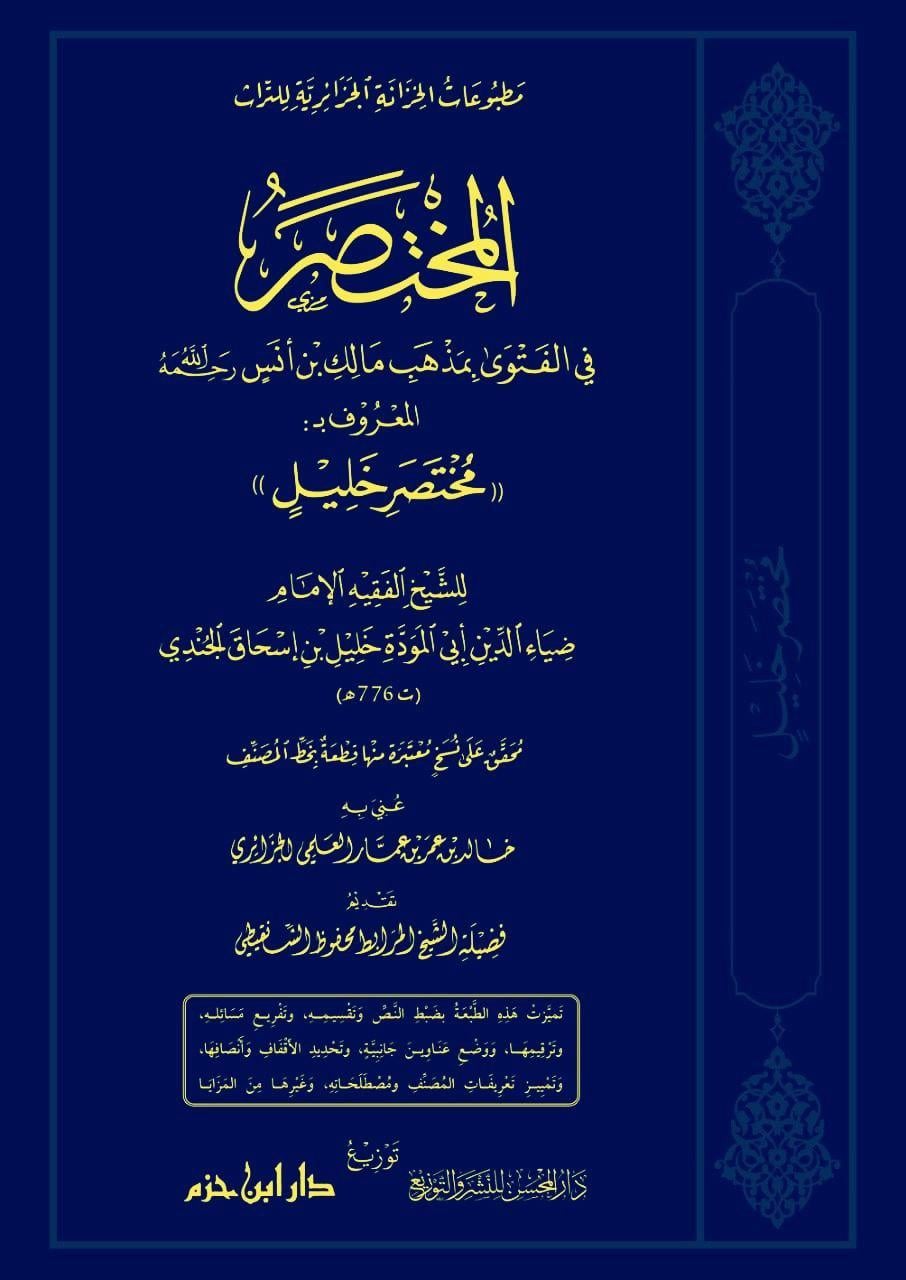FIQH
Mukhtaṣar Khalīl of
Khālīl Ibn Ishāq al-Jundī
Registration is open and recordings are available to catch up through.
Ongoing since: 2021-05-16
Mukhtaṣar Khalīl is one of the most authoritative and influential legal texts in the Mālikī school of Islamic jurisprudence. Authored by the Egyptian jurist Khalīl ibn Isḥāq al-Jundī (d. 776 AH / 1374 CE), the text represents a concise yet comprehensive summary of the core rulings (aḥkām) of Mālikī fiqh, distilled primarily from earlier foundational works such as al-Mudawwanah and other transmitted positions of the school.
The Mukhtaṣar is known for its extreme brevity, density, and technical precision. Khalīl’s aim was not to provide explanation or argumentation, but rather to compile the most relied-upon opinions (muʿtamad) within the school in a format accessible to specialists and advanced students. As such, the work serves as a legal reference manual and a foundational text for commentary, rather than a pedagogical introduction.
Its structure follows the typical fiqh arrangement: beginning with ṭahārah (purification), prayer, and other acts of worship (ʿibādāt), before moving on to transactions (muʿāmalāt), family law, criminal law, judicial procedures, and other areas. Each section is presented in compact phrases, often omitting explanatory language, which has made it both revered for its authority and challenging for learners.
Over the centuries, Mukhtaṣar Khalīl became the central text of Mālikī legal instruction in many regions—especially North and West Africa—and generated a vast body of commentaries, glosses, and super-commentaries. Scholars such as al-Ḥaṭṭāb, al-Kharashī, al-ʿAdawī, and al-Dardīr wrote detailed explanations of Khalīl’s terse expressions, turning the Mukhtaṣar into a living curriculum for advanced legal training.
In summary, Mukhtaṣar Khalīl is a masterpiece of legal summarization that encapsulates the authoritative positions of the Mālikī madhhab. Its study requires guidance and commentary but remains a pillar of Mālikī scholarship, legal reasoning, and judicial application to this day.
All classes are recorded for students to study or review. Live participation is not mandatory, but recommended.

